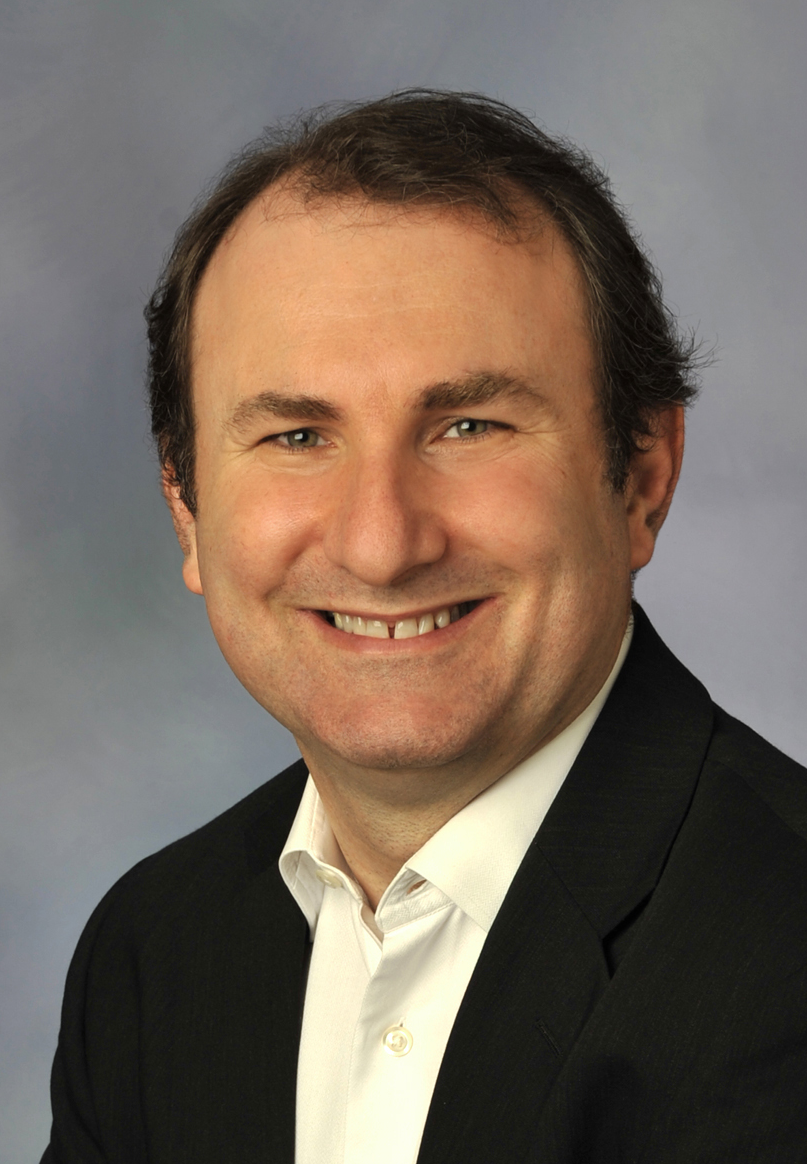Jun 18, 2025 | Rabbi Diamond's Corner
We watch with deep concern and aching hearts as our brothers and sisters in Israel continue to face threats and attacks from the Iranian regime. At the same time, many of us feel pride and gratitude for Israel’s strength, resilience, and extraordinary achievements in confronting these existential dangers.
Since its founding in 1979, the Islamic Republic of Iran has promoted a revolutionary ideology that blends Shi’a religious doctrine with political extremism. At the heart of this worldview is a deep opposition toward both the United States, labeled by Iran’s leaders as the “Great Satan,” and Israel, the “Little Satan.” But this hostility goes beyond national borders. It extends to the values we cherish: secular democracy, gender equality, freedom of expression, religious pluralism, and the dignity of every individual.
Iran’s leaders have long claimed that the United States and Israel represent corrupt and oppressive systems that stand in the way of divine justice and Islamic sovereignty, particularly in the Holy Land. Iran is not alone. Other Islamist movements in the region, including Hezbollah, Palestinian Islamic Jihad, Hamas, al-Qaeda, and ISIS, though diverse in theology and tactics, share a vision in which violence against Israel, the West, and their allies is framed as a sacred mission.
This ideology is not just anti-Israel. It is anti-freedom. It views the values we live by, such as education, human rights, tolerance, and the rule of law, as threats to be extinguished. For more than a century, this clash of values has simmered across the region. Time and again, Israel has stood on the front line of the global struggle between religious extremism and democratic ideals.
Our hope and prayer is that the weakening of Iran’s regime and its proxies will not only strengthen the security of Israel and the United States but also empower moderate voices within the Muslim world. There are countless individuals, communities, and nations striving for a future of coexistence, peace, and mutual respect. We must support them and help elevate their efforts.
As we hold our Israeli family in our hearts, let us also renew our commitment to the values that define us: defenders of human dignity, seekers of peace, and unwavering believers in the power of hope.
Apr 23, 2025 | Rabbi Diamond's Corner
Message From Rabbi Diamond
In my freshman year of college, I fainted in the middle of a sociology class. We were watching a film on electroconvulsive therapy—an effective treatment for severe depression, which at the time, it looked far more jarring than it does today. Watching the patient’s physical reaction triggered something in me, and I crumpled to the floor. I’ve always been sensitive, especially to medical situations, but that day taught me something deeper: even noble sensitivity, when left unchecked, can overwhelm us and prevent us from functioning in the world.
That lesson came rushing back to me last week when I attended a Sunday church service with a congregation deeply committed to justice, compassion, and inclusion. They acknowledge the Chumash people as the original inhabitants of the land, share their pronouns, and greet strangers with warm hospitality. Tragically, just two weeks earlier, their Zoom service had been disrupted by hateful images—swastikas and pornography displayed by intruders. My colleague from the Conejo Valley Interfaith Association and I attended to show our solidarity and support.
After the service, a young man, probably in his twenties and holding a small dog, approached me. “Do you support the genocide in Gaza?” he asked. It was one of those questions that already presumes guilt—like asking someone, “Have you stopped beating your children?” There was no space for discussion, no room for nuance.
What troubled me wasn’t the disagreement. It was the realization that this young man, part of a deeply caring and justice-minded community, had embraced a narrative so absolute that it left no space for compassion toward Jews or Israelis. He wasn’t just challenging policy; he was rooted in a story where one people is entirely good, and the other, entirely evil. That kind of compassion, when applied without discernment, can become harmful. It can even be used to justify cruelty.
Jewish tradition calls us to a more complex form of compassion. Hillel teaches: “If I am not for myself, who will be for me?” Compassion must begin at home. I feel for the rabbi in Sderot, near Gaza, whose office was struck by missile shrapnel. I grieve for Yousef Zyadna, an Israeli Bedouin from Rahat, who was kidnapped and murdered along with his son by Hamas. I mourn for the residents of Kibbutz Be’eri and Kibbutz Aza, who offered jobs to Gazans in the hope of peace, only to be betrayed by some of those same individuals in the October 7 attack. These are not footnotes. These are human lives that matter.
But Hillel continues: “And if I am only for myself, what am I?” Jewish ethics insist we also see the suffering of others, even our enemies. The Talmud tells us that when the Egyptians drowned in the Reed Sea, God silenced the angels’ song: “My creations are drowning, and you sing before Me?” Even justified defense should not blind us to human dignity.
As we close the Passover season, a holiday centered on storytelling, we’re reminded that the stories we tell shape our identity and our moral compass. That’s why we can’t let others tell our story for us. We must continue to speak about the 59 hostages still held in Gaza, some living, some murdered, because their story is our story. Their story must be told.
A group called Run for Their Lives walks every Thursday at 5:00 PM to keep that story alive. They communicate through this WhatsApp group. It’s a quiet, consistent act of compassion directed at real people. If your Seder was a celebration of freedom and justice, let this weekly walk be its continuation.
In this painful and polarized moment, may we direct our compassion with clarity and courage, starting with ourselves, and reaching outward with wisdom and love.
Jun 12, 2023 | Rabbi Diamond's Corner
 Sometimes we crave clarity but it’s just not there.
Sometimes we crave clarity but it’s just not there.
A television show I tend to watch is called “Hoarders,” a show about hoarders who live inside homes overflowing with objects and trash they never throw away. Compulsive hoarding is a terrible disease that deserves compassion. By the time the professionals from the show are called, the hoarding is out of control and hoarders’ lives are unmanageable. What I always wonder is what preceded the hoarding? Could they have caught it early, before the pattern was set?
While hoarding is relatively rare, the pattern of waiting until behaviors get out of control is more common. For example, you may have elderly parents who have lost the ability to care for themselves. Unfortunately, there is a good chance that you will be called upon to evaluate whether someone in your family is able to care for themselves.
What if we catch the pattern early and get ahead of the care? What if we can identify how to gain control of other patterns before they get out of hand? During Shabbat on Friday, June 16, at 7:00 p.m., in our series on Wisdom Lists, you will gain some insights you can use when loved ones might be losing the ability to live on their own. We hope to see you for this important discussion!
L’Shalom,
Rabbi Diamond
Feb 23, 2022 | Rabbi Diamond's Corner
-By Rabbi Barry Diamond
As you may have heard, a number of weeks ago a small group of neo-Nazis stood on the Borchard Road overpass in Newbury Park, unfurled a hate-filled banner, and recorded the incident, presumably for purposes of recruitment. Following this incident, Councilmember Claudia Bill-de la Peña reached out to the NAACP and several other civic and religious leaders, including me, to draft and support a resolution condemning white supremacy and racism of any kind and affirming the desire to create a community free of hatred. I was asked to be one of the speakers at last night’s city council meeting. Below are my edited comments.
I’m Barry Diamond, Rabbi at Temple Adat Elohim and an active member of the Conejo Valley Interfaith Association. I appreciate the proposal being considered. We all know of the ongoing challenges presented by racism, antisemitism, and the hatred of individuals intent on lifting themselves up by treading on the souls of their neighbors. The recent handful of white supremacists on that Borchard Road overpass is a small and concerning reminder of hatred’s persistence. There are thoughtful people urging the council to take greater action and others urging them to ignore this incident because it draws more attention to this small group, giving them the exposure they want.
Beyond the condemnation of these merchants of fear and hate, this resolution affirms our desire to create a community that encourages each of its citizens to swim in a pool of safety and justice. When we see those vulgar acts on the Borchard overpass, when we see people hoping to fuel our fears, our mouths run dry. It is at these times when we must dip our cups in the well-water of our shared values and offer a drink to those who are frightened. When you, our city leaders, actively reaffirm the shared principles that allow us to thrive as a community, then we, as citizens, will actively work with you to strengthen our city of light and drive out the dark shadows that occasionally pass through our streets.
Aug 5, 2020 | Rabbi Diamond's Corner, Temple Event
Rabbi Barry Diamond
Think of the last time you attended a play or concert. You probably saw an advertisement and perhaps even looked up the play or the musicians playing that event. You may have eaten a special meal beforehand, worn special clothes, and talked about the show with some friends. Each of these small acts help prepare us for our experience; these rituals shape our mindset. It is certainly possible to enjoy the play or concert without these preparations, but it is much more likely with them.
During the upcoming High Holy Days, services will be conducted virtually. Therefore, many of our usual rituals will not be available to us. Large family dinners will be less likely and dressing in nice clothing to attend services will not be necessary. While this may seem like a loss, it is actually an opportunity to seek out new rituals that prepare us for the High Holy Days. Sometimes, new rituals may better prepare us than the ones we’ve come to expect.
I would like to invite you to participate in a new ritual that has very old roots. The name of the month that precedes Rosh Hashanah is called Elul (Ay-LOOL). During Elul, we are called upon to hear the sound of the shofar each day and read Psalms and reflective readings that encourage us to examine our lives more fully. Beginning on Friday, August 21, the first day of Elul, we would like to email you one reflective reading for each day leading up to Rosh Hashanah. These brief readings can water the arid soil of our soul. To receive the daily reflections, please sign up using the link below.
I look forward to finding new, meaningful ways to welcome the new year with you! Sign Up to Receive the Daily Elul Wisdoms

 Sometimes we crave clarity but it’s just not there.
Sometimes we crave clarity but it’s just not there.